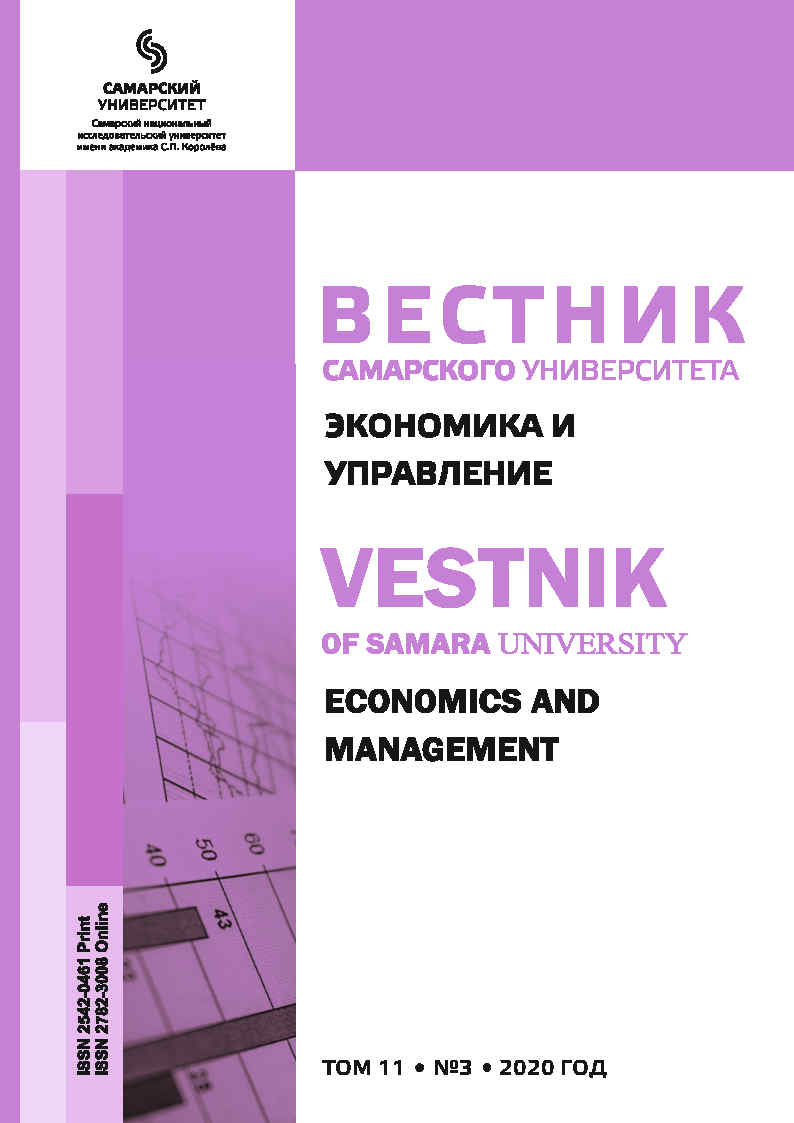Abstract
The proposed article considers the need to recognize the economic utility and social value of human resources, the development of which requires investment in comparison with other types of economic resources. The urgency of solving the problem of functioning of higher education system is dictated by the need to apply new approaches to the management of an educational institution. Successful companies focus their efforts on creating and developing a management system for educational institutions designed to work effectively with intellectual resources that are becoming less used today. All these circumstances explain the emergence of a special interest of scientists and practitioners in the management of intellectual capital and the effectiveness of the knowledge process. In this regard, there is a need for constant updating and change, which means that knowledge is always innovative. At the same time, the most interesting are the ways of transforming universities into a new type of organization focused on meeting the needs of the market, making a profit, developing innovative technologies, supporting high-tech research projects and managing them. Close interaction of business corporations with the University community, forms a diversified financial base, develops contacts with business, society and the state, and encourages the widespread use of initiative and support for innovation in the scientific and educational environment. The new conceptual approach has enriched the practice with progressive methods and technologies for managing people in a complex innovative environment. The priorities were flexible forms of labor use, continuous improvement of the quality of human resources, new approaches to organizing and stimulating labor, and addressing cultural and ethical factors of labor productivity and quality of life. The main components of scientific novelty are the regulation and mutual influence of the functioning infrastructure and the applied methodology of higher education.









